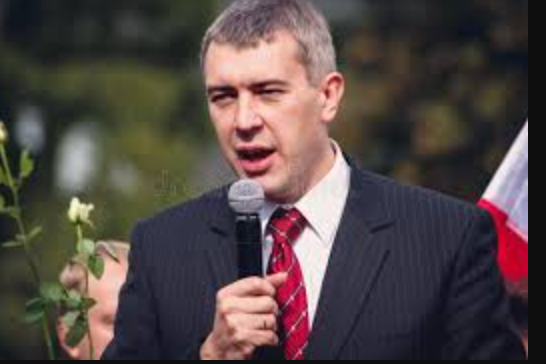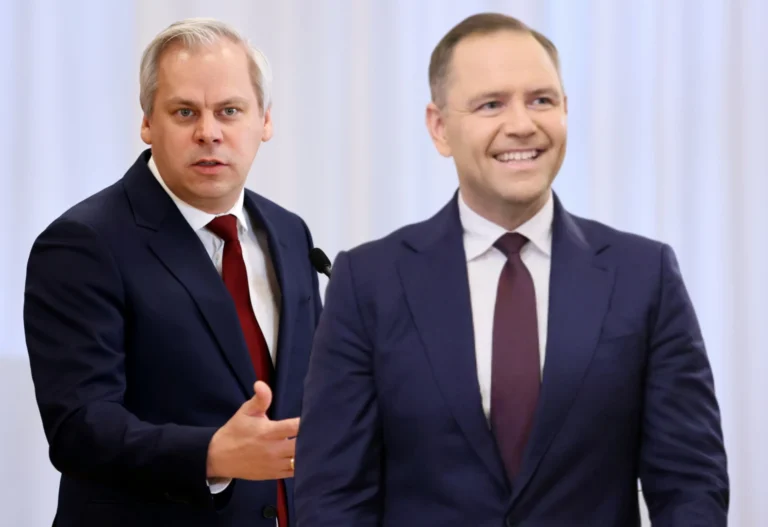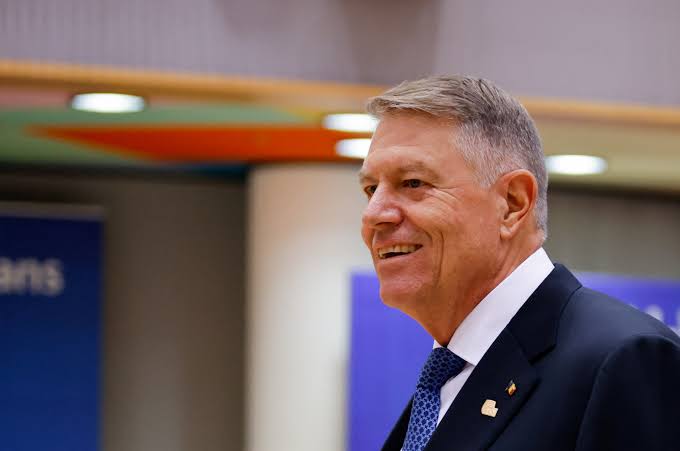“WestJet CEO Steps Down Amid Turbulent Crisis Shaking Airline Industry”
In a move that has sent shockwaves through the aviation industry, WestJet CEO Alexis von Hoensbroech has announced his retirement, stepping down from the helm of Canada’s second-largest airline amidst a mounting crisis that threatens the company’s stability and future.
The announcement, made early Monday morning, comes at a time of intense turbulence for WestJet, both figuratively and literally. The airline is grappling with a combination of operational setbacks, labor unrest, and customer dissatisfaction, all of which have significantly tarnished its once-sterling reputation.
A Sudden Departure
Von Hoensbroech’s retirement, described by insiders as both abrupt and unexpected, has raised eyebrows across the business community. After taking over in early 2022, von Hoensbroech was widely credited with steering WestJet through the tail end of the COVID-19 pandemic, restoring profitability and refocusing the airline’s domestic growth strategy. However, the challenges that surfaced in late 2024 quickly unraveled the progress.
In a brief statement released by WestJet, von Hoensbroech cited “personal reasons” for his departure. However, sources close to the situation reveal a more complicated story — one involving pressure from the board, growing dissatisfaction among investors, and escalating issues that culminated in what some have called a leadership crisis.
Behind the Crisis: Labor Disputes and Flight Chaos
Much of the turmoil can be traced to a series of labor disputes that have plagued WestJet in recent months. Pilots, flight attendants, and ground staff have all voiced frustration over contract negotiations, staffing shortages, and working conditions. A near-strike situation in March 2025 led to hundreds of flight delays and cancellations, leaving thousands of passengers stranded and causing widespread outrage.
“The employees are exhausted and demoralized,” said a senior pilot who spoke on condition of anonymity. “There’s a feeling that upper management has been disconnected from the realities on the ground.”
These issues were further exacerbated by a series of technical glitches in the airline’s scheduling system, leading to overbooked flights, lost luggage, and widespread customer complaints. In several viral incidents captured on social media, passengers were seen confronting overwhelmed staff at airport terminals, demanding answers and compensation.
Economic Headwinds
The operational problems at WestJet are not occurring in a vacuum. The airline industry as a whole is navigating a difficult environment marked by rising fuel costs, inflation, and increased competition from low-cost carriers.
For WestJet, the economic headwinds have hit especially hard due to its decision to double down on domestic and leisure routes, a strategy that analysts now say may have backfired. While intended to streamline operations and capitalize on post-pandemic travel trends, the move left the airline vulnerable to regional downturns and oversaturated markets.
“WestJet took a gamble on a narrow segment of the market, and unfortunately, the timing didn’t work in their favor,” said aviation analyst Rina Desai. “They’ve been outpaced by more agile competitors who’ve adapted faster.”
Leadership in Question
Von Hoensbroech’s leadership style, often described as data-driven and analytical, was praised in the early stages of his tenure. But as the airline’s problems multiplied, critics argued that he failed to address the growing unrest within the workforce and was too slow to pivot in response to external challenges.
A source within WestJet’s executive ranks disclosed that the board had been in closed-door meetings for weeks, debating the direction of the company and exploring leadership changes. The same source confirmed that von Hoensbroech’s exit was negotiated internally, despite the public framing of a voluntary retirement.
“There was a sense that the trust was broken — not just with employees, but with customers and stakeholders,” the source said. “A change at the top became inevitable.”
A Search for New Leadership
In the wake of von Hoensbroech’s departure, WestJet has appointed Chief Operating Officer Jennifer Craig as interim CEO while a global search is underway for a permanent replacement. Craig, a 15-year veteran of the airline, is known for her pragmatic approach and deep operational knowledge. Her appointment has been met with cautious optimism among staff and analysts.
“She knows the company inside and out,” said Desai. “If anyone can stabilize the ship, at least in the short term, it’s her.”
Still, the challenges ahead are formidable. WestJet must repair its relationship with both employees and customers, restore operational efficiency, and reassess its strategic direction — all while maintaining competitiveness in an unforgiving market.
Rebuilding Trust
In her first address to employees, Craig acknowledged the difficulties of the past few months and promised a renewed focus on transparency, collaboration, and frontline support. She also announced the formation of a task force aimed at resolving key labor disputes and streamlining internal communication channels.
“We are in a period of reflection and renewal,” she said. “Our commitment to safety, service, and our people will guide every decision moving forward.”
Industry experts agree that rebuilding trust — both internally and externally — will be essential to WestJet’s recovery.
“This is a critical moment for the airline,” said Joseph Lavoie, a former executive at Air Canada. “They need to demonstrate not just that they’re listening, but that they’re willing to make hard choices and real changes.”
The Road Ahead
For now, the future of WestJet hangs in the balance. As the airline works to recover from its current crisis, the spotlight will remain firmly on its leadership and ability to adapt. The next CEO will inherit not just a brand in turmoil, but an opportunity to redefine what WestJet stands for in a changing industry.
While von Hoensbroech’s departure may mark the end of a chapter, it also opens the door for transformation — if WestJet can rise to the occasion.
“Crisis can be a catalyst,” said Desai. “But only if the company is willing to learn from it.”
As passengers, employees, and stakeholders alike look for signs of hope, all eyes will be on the skies — and on WestJet’s next move.






